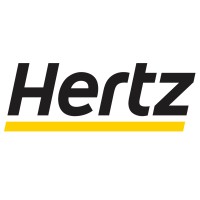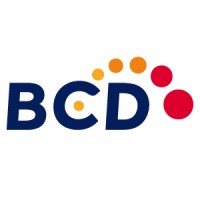
Hertz
Hertz is one of the world’s largest mobility companies, and through its indirect subsidiary, The Hertz Corporation, operates the Hertz, Dollar, and Thrifty vehicle rental brands throughout North America, Europe, the Caribbean, Latin America, Africa, the Middle East, Asia, Australia, and New Zealand. Hertz pioneered the car rental industry, and the Hertz brand is one of the most recognized brands globally. For more than a century, Hertz has offered innovative, differentiated products in an effort to make every rental experience seamless and special. Customers choose Hertz for its wide selection of top-rated vehicles, for its free Hertz Gold Plus Rewards® loyalty program, and because of Hertz’s thousands of convenient locations. Hertz also operates the Firefly car rental brand and Hertz 24/7 car sharing business in international markets and additionally rents vehicles to rideshare drivers through dedicated partnerships with Uber, Lyft, and others. Hertz also sells vehicles to consumers at Hertz Car Sales locations throughout the United States.






